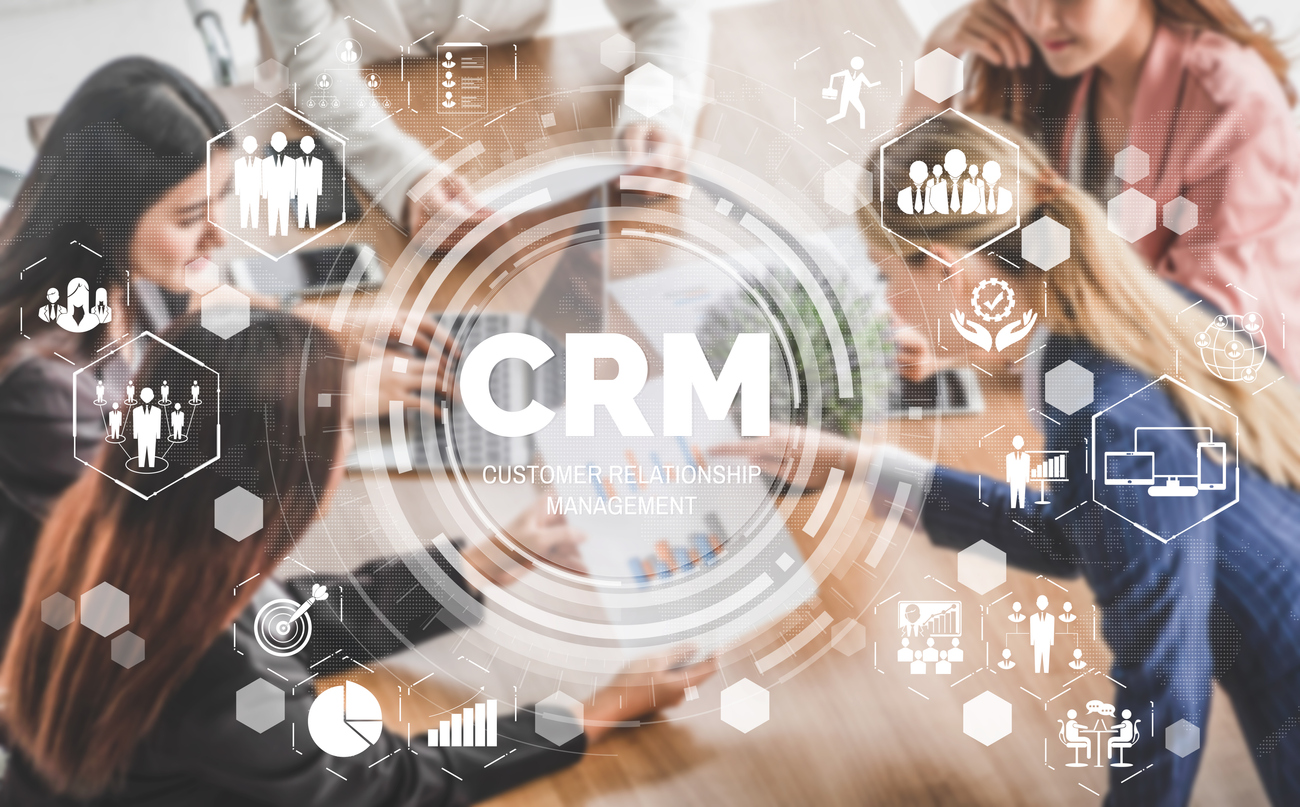
CRM stands for customer relationship management or customer resource management – two interchangeable terms describing a set of business practices and technologies designed to help businesses compete better and grow faster by leveraging customer data.
While CRM has been helping businesses improve relationships and close more deals for a decade or more, adoption is now growing rapidly, bringing the ideas and technologies behind CRM to a much wider audience. The following is a 101-level introduction to what CRM is both in theory and as a technology, what it does, and some of the most common benefits it can bring to business across all industries.
What is CRM as a Practice?
Customer resource management as a business practice refers to putting data at the center of all customer-facing operations to improve experiences, processes, and decision-making. In a world where almost everything is now connected, every customer interaction generates a significant amount of data – data that can be captured and used to better understand existing and potential customers, their needs, and where markets are headed in the future. CRM as a practice is all about recognizing the value of that data and finding new ways to absorb it, analyze it, and use it to drive sales and growth.
What is CRM Technology?
CRM systems are software applications that make it easy for businesses to collect and use the huge volume of customer data generated by their operations. CRM systems also offer automation and productivity tools designed to help businesses work smarter and do more with less during the sales process and across most other areas of operations.
There are dozens of customer resource management systems on the market, some focusing on general tools that can be used across all industries and some focused on meeting the unique sales problems within specific industries. In all cases, a good CRM is one of the most powerful sales tools available today, which is why adoption is rapidly becoming universal among sales organizations interested in finding efficient ways to carve out new competitive advantages.
Common CRM Benefits
Regardless of what industry a company is in, there are certain benefits they can expect to enjoy from adopting a CRM system. The exact level of utility available will depend on the platform chosen, especially if it’s a CRM targeted at a specific industry, but in general, CRM users benefit from improvements in lead management, faster sales processes, boosted organization-wide productivity, more streamlined workflows, and more.
Improved Lead Management
CRM systems make collecting leads easier and turning leads into customers more efficient. To keep the top of the funnel full, many CRMs offer automatic lead collection that can pull data straight from web forms, emails, and sometimes even inbound calls or texts and use it to create new lead accounts in the system automatically.
On the lead management side, CRM systems make it easier (and often automatic) to track, update, categorize, and use leads. Taking the onus for updating lead accounts and statuses away from users and letting the system handle it automatically ensures good leads never slip through the cracks and everyone has an understanding of where each lead is in the sales process.
Faster Time-to-Close
Better lead management results in salespeople having a more complete understanding of each prospect, their needs, and their existing journey through the sales process. That enables solutions to be more tailored, objections to be more easily met, and relationships to be solidified more quickly. The end result is a faster, more efficient sales process that takes less time to close yet simultaneously improves the perceived service level each lead receives – a powerful advantage, especially in highly competitive industries.
Improved Productivity
A big part of CRM systems is applying automation to the most common daily tasks sales organizations tackle. Automating things like lead collection and categorization, customer follow-up communications, and invoicing and billing not only boosts productivity by enabling users to do more each day, it also feeds everything back into the CRM to ensure everything a company does generates data that can be used to improve processes.
More Streamlined Workflows
A good CRM centralizes as many tasks as possible, giving users a single point of control for their daily workflows as opposed to having to jump back and forth between half a dozen different platforms. For instance, just a few of the things CRMDialer and its built-in power dialer centralize include:
- Lead management
- Sales process
- Gmail and Outlook email
- Gmail and Outlook calendars
- Document storage
- Reporting and analytics
- SMS messaging
- Inbound and outbound phone calls
- Billing and electronic payments
- Mass email marketing
…and much more. And with CRMDialer’s Zapier integration, users can create automated workflows with thousands of popular external software platforms, opening up almost limitless new capabilities.
By giving employees a single point of control that covers their entire work day, a good CRM minimizes both the wasted time and errors associated with juggling multiple platforms and moving data back and forth between them.
To find out more about all the benefits customer resource management can offer your sales organization, reach out to a member of the team or start your no-commitment 14-day free trial of CRMDialer today.
Category:
CRMDialer Blog